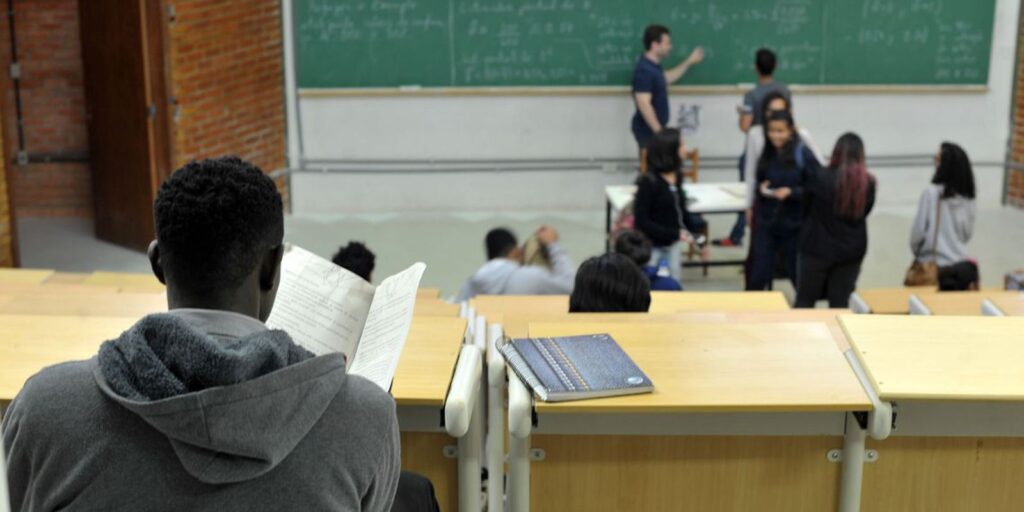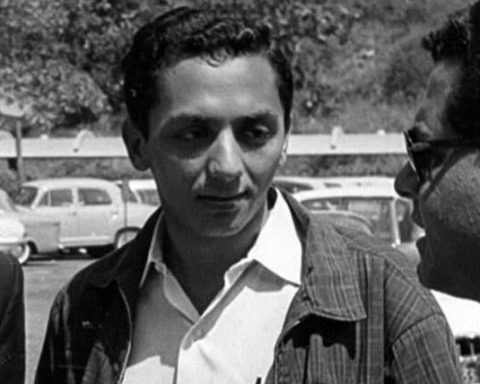
They were long and intense negotiations, the norms rejected at first, and that bet on the unicamerality, the regional legislative assemblies with administrative powers, and the indirect election of authorities, were finally neutralized by a broad agreement within the system commission political, and that would give the floor necessary to reach two thirds (103 of 154 votes) and thus go directly to the draft of the new constitution. In this way, and through twenty indications, the representatives of the PC, FA, Socialist Collective, INN, Constituent Social Movements, the Approval List, the DC and others – without the representatives of the right – entered the document on the edge of the midnight (the regulation determined 23:59 as the cut-off time).
The Political System Commission is considered the mother of all commissions, since in this space the structure and design of the functioning mechanism of the State is at stake and it is, together with the Environment and Natural Resources Commission, the ones that generate the most attention in the last third of life of the constitutional convention (if there is no request for postponement). In this way, the differences that existed and sat in opposite seats to old acquaintances, new partners, and friends by convenience, were resolved in a 23-page document.
And it is that the insistence that existed both from the FA, as well as from the PC, Constituent Social Movements, among others, to have a unicameral legislative power, stripping itself of a second review Chamber (mirror) like the Senate, never had the consent of the socialist collective, a space of power that has become the axis of negotiations in general, nor with the INN, or the Approvebo collective, in addition to the right.
In this framework, in replacement of the Senate, it was agreed to create the Territorial Council, a chamber that will watch over mainly regional issues, and that considers, among others, budget law, administrative political division and constitutional reforms, among others. And although it will have legislative impact, the exclusive power to present and finalize bills would be the exclusive power of the Plurinational Congress (former Chamber of Deputies), which puts an end to a century-old institution such as the Upper House or the Senate, which fulfilled, among others, the role of mirror camera.
The composition of the Territorial Council would be carried out through direct election of its members (defeat of the FA), with the same number of representatives in all regions (minimum three) parity composition and will maintain a close link with the so-called autonomous regional assemblies , which would operate as a consultative body).
The powers of this new body would be governed by the concept of “regional agreement laws”, and would contemplate that relating to the annual budget; to the election, designation, competences, attributions and procedures of the organs and authorities of the territorial entities. In addition, to these are added those related to the establishment of fiscal and budget distribution mechanisms; those that alter the political or administrative division of the country, those that reform the constitutional text in those matters related to the election, appointment, competences, attributions and procedures of the organs and authorities of the territorial entities, added to that, the others that this Constitution qualifies as a regional agreement.
For the Constituent Assembly Marco Barraza, representative of the PC and signatory of the letter, “in short, it is a system that improves the efficiency of the legislative process, making it faster and allowing the political body, the Plurinational Congress, to be in charge of the main powers , but that interacts with the Territorial Council in regional matters”.
Other transformations
Among other transformations to the State system that appear in the document presented late last night, the role of the vice president is established and the obligation to meet with the presidential cabinet at least once a week.
Regarding the Plurinational Congress (former Chamber of Deputies), it establishes the election of its members two years after the new government took office, turning the legislative and relational structure between the Executive and the Legislative, giving the opportunity for citizens to rule on how the current administration has done.
In addition, and unlike what was currently done, the President will no longer be able to remove a representative from Parliament to join the ranks of the government. “No deputy or deputy, from the moment of her election and up to six months after finishing her position, can be appointed for public function, commission or employment paid with fiscal or municipal funds.”
They will now be required to live in the territory they will represent, for at least two years prior to the election, and maintain residency during their term of office. Reserved seats are established for native peoples, and at least one for people of African descent.

















